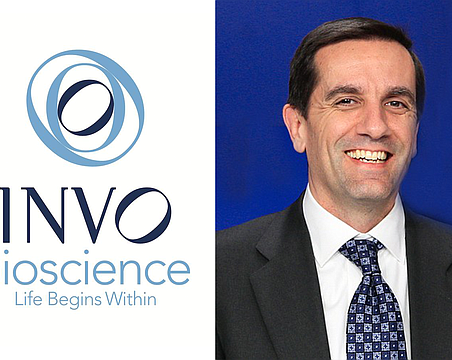Do you really know what matters to your customers? Have you been able to deliver what really matters to them consistently over a period of time and at a level that meets or exceeds their expectations? Have you been able to clearly articulate what really matters to your team, to your operations/service/fulfillment groups ... and to your sales and business development team?
Elite organizations have figured this out and have world-class systems and processes in place to track and communicate the customer's fulfillment experience. They know that it is just as important to figure out exactly why a customer has a problem as it is to figure out how to handle it. They have figured out what really matters.
Now, let's pretend that your company hasn't quite figured out what really matters, and has been experiencing some problems with the customers fulfillment experience (poor quality, late deliveries, etc). Perhaps it is just a random occurrence and it will go away as quickly as it came. But what if it's a recurring problem that has started to impact the customer relationship? What is at risk? What will you do?
Top companies have the solution to this problem built into their selling process. They have agreed with their customer during the selling process that they will have regular meetings, (90-day reviews) that will focus on quality, delivery and customer service performance. As part of the “post sell” (after sale agreement) the ground rules for ongoing communications are established and clear agreements are made about meeting reviews and agendas. In doing so, the organization is able to maintain close contact with its customer, is able to obtain regular feedback on performance and is able to proactively deal with potential conflicts regarding what really matters. These companies are able to manage the changes in the customer's organization as team members change and are able to build relationships that are deeper and wider. They are able to recognize new opportunities earlier and able to keep their competition at bay by being viewed as a “strategic partner,” not a vendor.
So ask yourself: As your customers see and experience your commitment to this strategic partnership, will they be less likely or more likely to share with you what really matters for the future? Will they be less likely or more likely to pull you closer to their organization and provide you with their future needs and ask for your input? Do you think the process of reviewing the past 90 days and planning the next 90 days will help you stay connected to what really matters, and help you strengthen that strategic partnership? Every organization is vulnerable to a competitive situation. But being connected to your customers on a regular and scheduled basis will help you get deeper and wider into that organization and help build longer-lasting relationships.
Things can and will change in a 90-day timeframe. Some things will have gone well, and some not so well. Whilst it is agreed that our objective is to provide top-notch customer satisfaction all of the time, we are probably going to fall short sometimes. The stronger the relationship when we screw up, the better our chances are of getting the opportunity to fix it. The better our continued understanding of what really matters to our customers in an ever-changing competitive landscape, the better our chances of navigating a successful course.
Jamie Kane is a Lakewood Ranch resident and the owner of Sandler Training in Sarasota. Sandler Training offers sales, management, and leadership training, coaching and consulting. Contact Kane
at [email protected].






